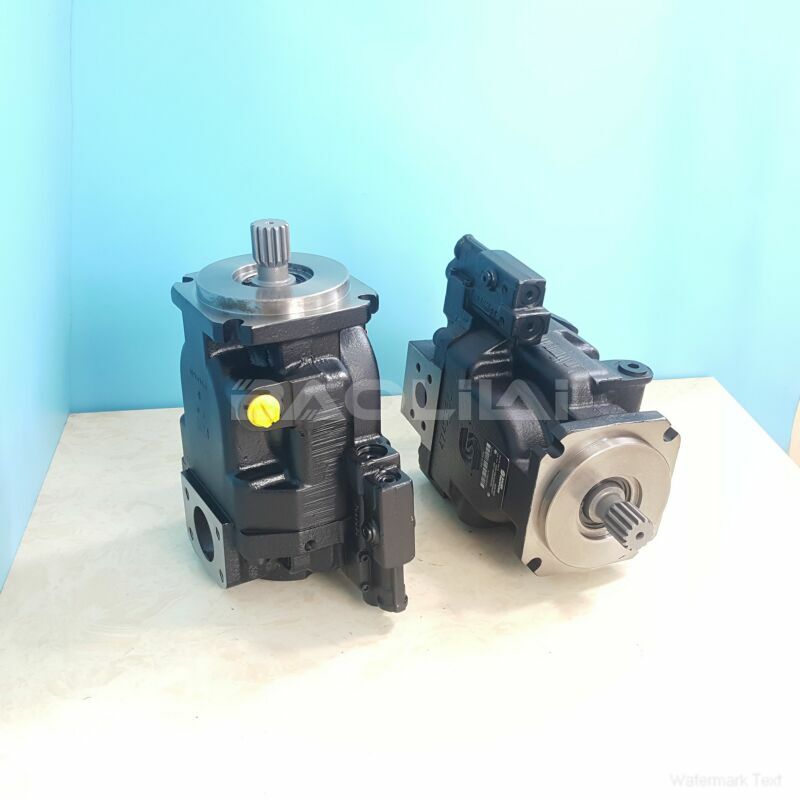FRL074BPC25NNNNN3S1B2A1NAAANNNNNN piston pump
FRL074BPC25NNNNN3S1B2A1NAAANNNNNN piston pump

- Product Details
- Applicable Scene
In an era where environmental sustainability has become a pressing global concern, the role of various industrial technologies in advancing eco-friendly practices is more critical than ever. Among these technologies, piston pumps stand out for their efficiency and adaptability. These pumps, commonly used in various applications such as hydraulic systems, automotive industries, and chemical processing, offer significant contributions to environmental sustainability through their design, efficiency, and versatility.
FR-L-074B-PC-25-NN-NN-N-3-S1B2-A1N-AAA-NNN-NNN
FRL074BPC25NNNNN3S1B2A1NAAANNNNNN
One of the primary contributions of piston pumps to environmental sustainability is their energy efficiency. Piston pumps operate with a positive displacement mechanism, which allows them to transfer fluids with minimal energy loss. This efficiency translates to lower energy consumption compared to other types of pumps, such as centrifugal pumps. By consuming less energy, piston pumps not only reduce operational costs for businesses but also decrease the carbon footprint associated with energy production. As industries continue to seek ways to minimize their environmental impact, the adoption of energy-efficient technologies like piston pumps becomes increasingly important.

80001587
Furthermore, piston pumps are designed to handle a wide range of fluids, including those that are corrosive, viscous, or contain suspended solids. This versatility means that industries can utilize piston pumps in applications that would otherwise require multiple types of pumping systems, thus minimizing material waste and the energy associated with manufacturing, maintaining, and disposing of these additional systems. By streamlining processes and reducing the number of components needed, piston pumps contribute to a more sustainable industrial ecosystem.
Another significant aspect of piston pumps is their capability for precise fluid control. In various applications, such as in agriculture for irrigation systems or in the chemical industry, the ability to accurately measure and control the flow of fluids is crucial for optimizing resource usage. This precision not only enhances productivity but also minimizes the overuse of materials, thereby contributing to lower emissions and reduced waste. For instance, in water-intensive sectors, the precise delivery of water can lead to significant savings and a decrease in resource depletion.





